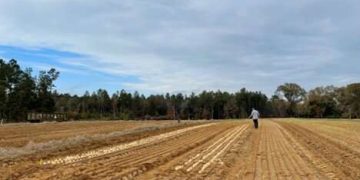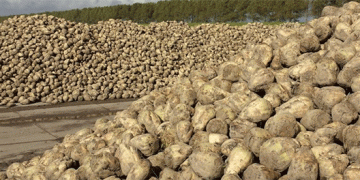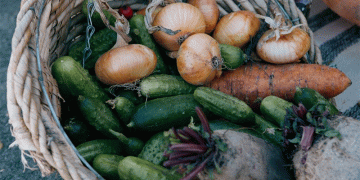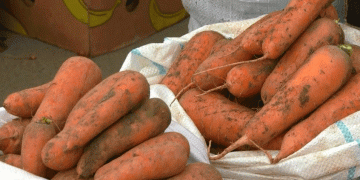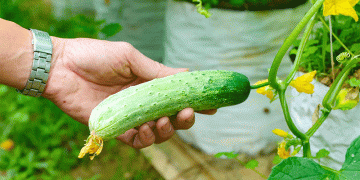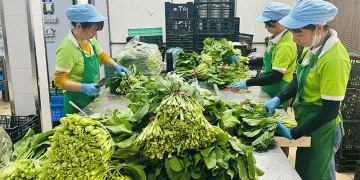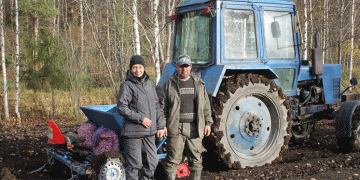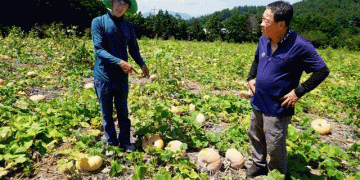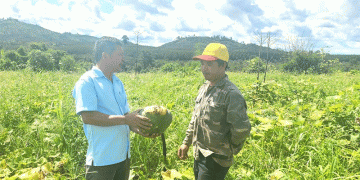This article explores the fascinating world of onions and their symbiotic relationship with bacteria. By delving into recent research, we uncover how these tears-inducing vegetables are gaining attention not only for their flavor but also for their interaction with beneficial bacteria. Join us as we dive into the latest discoveries and their potential implications for farmers, agronomists, agricultural engineers, farm owners, and agricultural scientists.
Onions, with their pungent aroma and ability to make even the toughest individuals shed a tear, have long been a staple in kitchens worldwide. Beyond their culinary allure, recent scientific studies are shedding light on the remarkable connection between onions and beneficial bacteria, unlocking the potential for improved agricultural practices and enhanced crop yields.
According to a study published in the Journal of Agricultural and Food Chemistry, onions, like other plants, engage in a symbiotic relationship with bacteria that reside in their roots. These bacteria, known as endophytes, colonize the interior tissues of the plant without causing harm and, in fact, provide numerous benefits. They assist in nutrient uptake, boost plant growth, enhance resistance against pathogens, and aid in stress tolerance.
Researchers from the study mentioned above discovered that certain endophytic bacteria found within onions exhibit promising traits for agricultural applications. By analyzing the onion’s microbial community, they identified bacterial strains capable of producing plant growth-promoting hormones, facilitating the absorption of essential nutrients, and conferring resistance against pests and diseases.
In addition to their growth-enhancing properties, these bacteria also contribute to the overall health of the soil ecosystem. They play a crucial role in improving soil fertility, reducing the need for synthetic fertilizers, and minimizing environmental pollution associated with excessive chemical usage.
Harnessing the potential of these beneficial bacteria could revolutionize onion cultivation and have a broader impact on agricultural practices. By incorporating specific strains of endophytic bacteria into farming systems, farmers and agronomists may experience improved crop productivity, reduced dependency on chemical inputs, and enhanced sustainability.
As with any emerging field of research, further studies are needed to fully understand the mechanisms underlying the onion-bacteria relationship and optimize their application. Scientists and agricultural engineers are actively exploring ways to harness the power of these beneficial bacteria effectively. By fine-tuning the selection, application methods, and formulations of these bacteria, they hope to maximize their potential and make them readily accessible for farmers and agricultural practitioners.
In conclusion, the fascinating connection between onions and beneficial bacteria is an exciting area of research that holds great promise for agriculture. By unraveling the secrets of crying onions, we gain valuable insights into the hidden world of plant-microbe interactions. The future may see the integration of these beneficial bacteria into sustainable agricultural practices, offering a path toward more productive, resilient, and environmentally friendly farming.
Tags: agriculture, onions, beneficial bacteria, plant-microbe interactions, endophytes, crop productivity, sustainable farming, agricultural research
